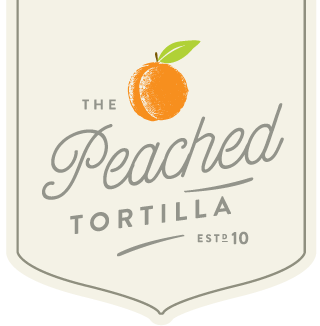LIST OF 8: How To Run A Successful Food Truck
Making money in the food truck industry is like re-creating your mom's secret sauce. There are a variety of components which you must constantly tweak, adding and subtracting, to get your bottom line to where it needs to be. Just like your mom's sauce, you cannot simply follow a recipe for financial success. However, here are eight base components that can get you on your way:
(1). Market yourself. Food trucks are a microcosm of a restaurant. The most successful restaurants all have identifiable brands. In today's day and age, marketing can be free. Last I checked, FB and Twitter were not subscription based social media services. They do, however, require constant monitoring, effort, and creativity.
(2). Increase your revenue streams. The top dogs in the food truck industry all have identifiable brands, and they have capitalized on those brands by increasing their revenue streams. Take my friend Josh Henderson's airstream trailer, Skillet, in Seattle. Not only does the trailer vend for lunch and brunch, but it caters a multitude of private events as well. Skillet has also delved into the wholesale products line and Josh has a recently published cookbook. Last but not least, Skillet has two brick and mortar locations including recently opened Skillet Counter.
(3). Don't be a hardhead. I was recently in San Francisco and spoke to a chef friend of mine who helped us out with the San Francisco Street Festival. He told me that restaurants are sometimes guilty of over-executing a plan even if it does not work. "If you are open for a year on Sunday night and all you are doing is break even, then you should close on Sunday night." Moral of the story? Be prepared to change locations and shift your operating hours if they are not working and sales are soft.
(4). Two is Better than One. While food truck connoisseurs are likely to search you out, you will have better success if you pair up with other mobile concepts at a particular location. Whereas potential customers are not likely to "restaurant hop," they are likely to "food truck hop" and eat off multiple trucks. Variety can only increase your sales. Case in point: Trailer Food Tuesdays in Austin, Texas, which I founded. Ten Austin food trucks meet up once a month to serve the city at a central, downtown location overlooking the Austin skyline.
(5). Network. If you do business in a cocoon, you will kill your business in a cocoon. Great businesses are built on a network. This is how you get referrals, event invites, catering jobs and opportunities to vend. Build partnerships with influencers in the community. Provide information to others and help them in the process. Like I said, it has to be a win-win for everyone.
(6). Make sure you have a good product, and then charge appropriately. I recently met with a couple of Austin food truck start-ups and the one thing that stuck out with me was how cheap their menu items were. They were planning on using good product. Their low prices were based on their perception of what the market would pay. If you don't meet your margins, your family won't eat. Charge what you need to and go from there.
(7). Invest in your staff. Employee turnover creates not only a burden on you to constantly re-train, but it also drives your operating expenses up. If you are consistently training employees, it will cost you a point or two on your bottom line. Hire hard and train easy (stolen from Danny Meyer). Make sure you are hiring people that will stick and then make sure they are growing within their respective positions.
(8). Strengthen the food truck industry. I think the biggest misconception in the food truck world is that individually we are all competitors to one another. While that is partly true, if trucks do their part to make the industry as a whole stronger and more reputable, they will benefit from these efforts long term. I make every effort to answer questions from fellow Austin food truck owners and provide whatever advice I can. In turn, they are able to run their operations more efficiently and put out a better product. This ends up reflecting positively on the industry as whole which will increase the revenue pie long term.


